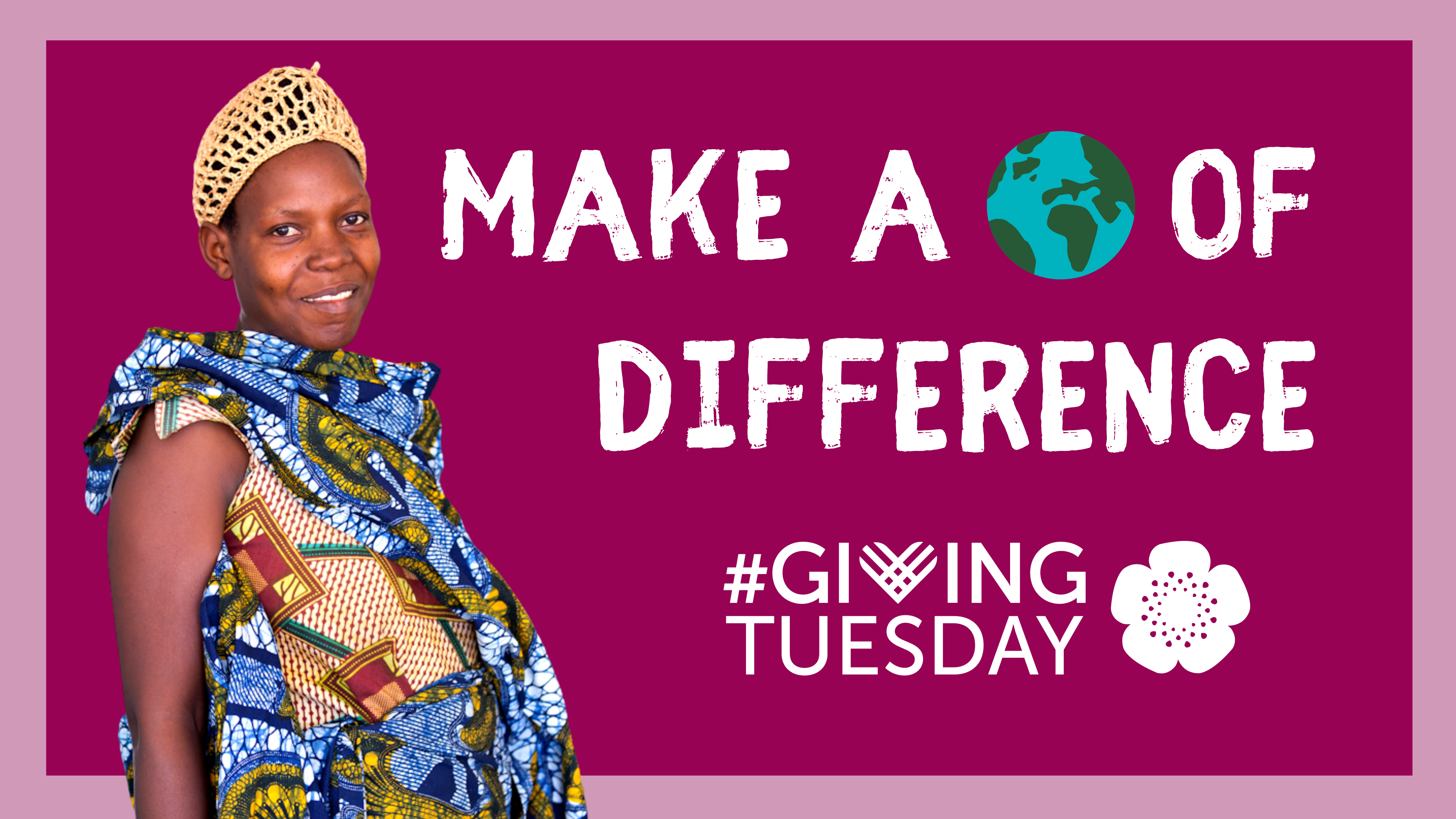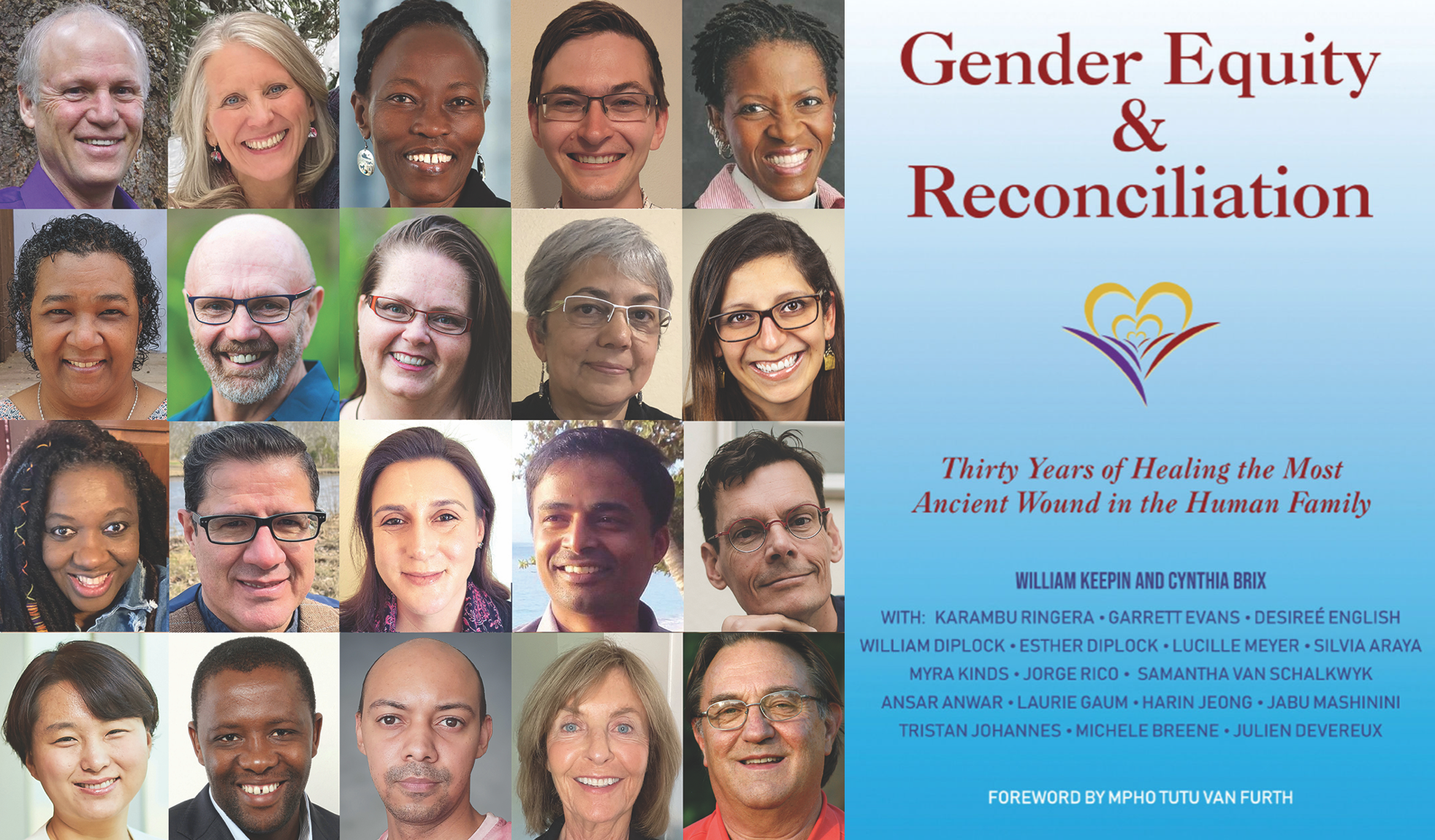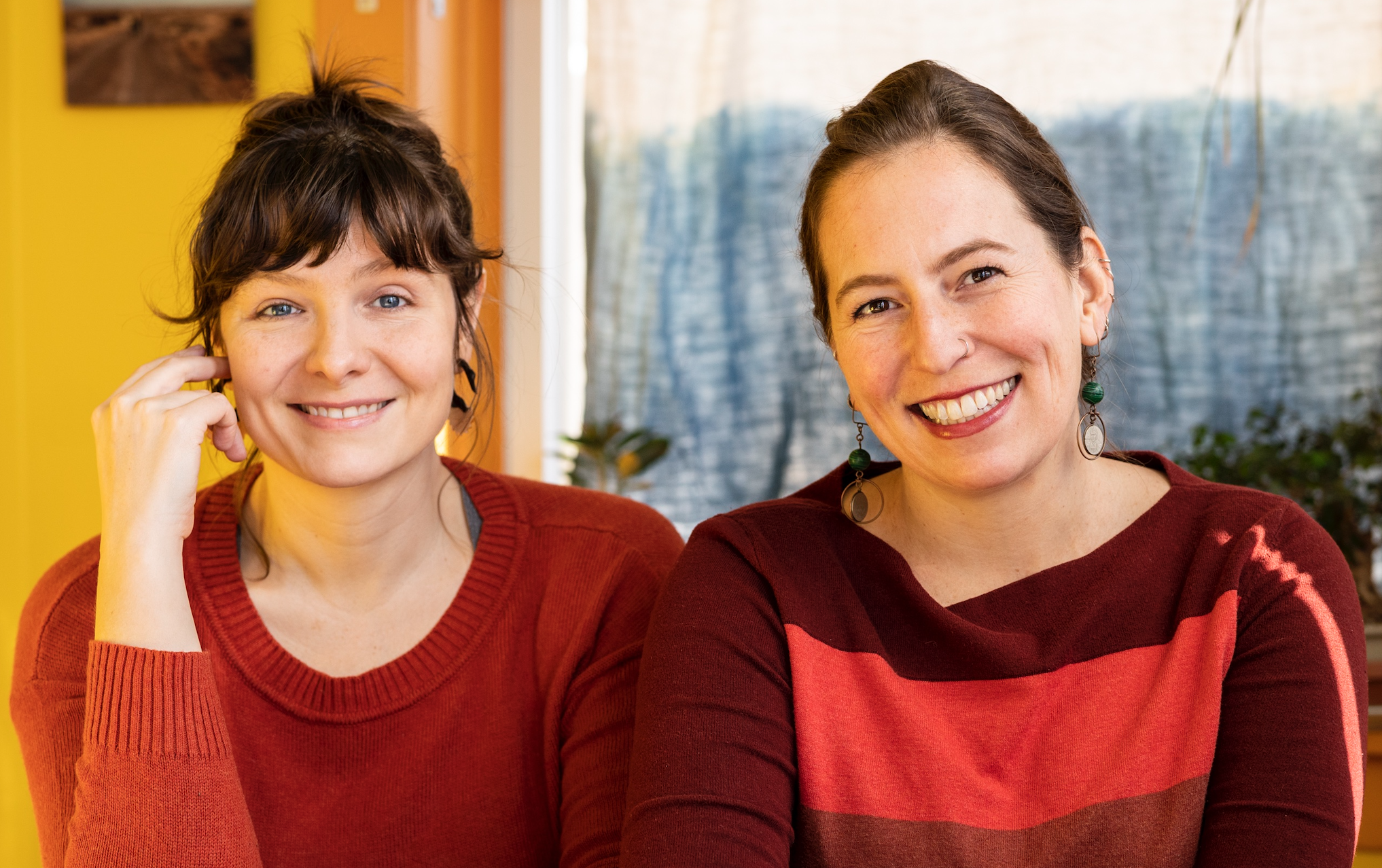
For justice to be served, each of us need to feel empowered to take action when we’re at our most vulnerable. And for that to happen, we need to feel that the institutions designed to support and help us are on our side.
The recent murder of 33 year old Sarah Everard by the hands of a Met Police Office shocked the nation, and the world. The horrific murder of 28 year old Sabina Nessa equally underscored how real the threat of violence and assault is for women in the UK.
New data shows that gender violence and sexual assault are still very common among British women, with 1,425 women being killed by men in the 10 years to 2018. That is about one killing every three days, according to research from the Femicide Census, an organization which collects information on men’s violence against women. Sexual assault was most common among younger women, with about one in 10 women aged 16 to 24 having been a victim in the past year. One in 40 young women said they had been victims of rape in the past year.
What is more chilling is the data showing a majority of victims do not report assault because of their lack of faith in authorities and institutions to bring justice or make change. Specialist lawyers Bolt Burdon Kemp asked the British public how empowered they feel when it comes to seeking justice. It’s no surprise to see a gender split when it comes to who trusts the police to report a crime, among their survey of 2000 British adults.
Men are more confident and comfortable making a complaint than women
The survey brought to light an imbalance between how empowered men and women are in problematic situations. Men are more likely than women to say they’d know what to do if something traumatic happened to them. In contrast, more women than men say they’d hesitate to talk to the police or a lawyer if something happened to them. For 19% of women (and 14% of men), this is in case they weren’t believed. For 15% of women (and 11% of men), this is in case they get blamed for what happened.
- 56% of men said they know where to go to make a sexual harassment complaint. This drops to 52% for women.
- More women (55%) than men (48%) believe there are too many barriers to getting legal support.
The culture of victim-blaming is sadly still a huge barrier, exacerbated by political discourse, media narratives, and institutions perpetuating outdated attitudes when it comes to women and sex.
The Bolt Burdon Kemp survey also found that even those who do choose to navigate the path to achieving justice find other barriers along the way. Unsurprisingly, those who fall into a low-income bracket are the least likely to say they’d know what to do if something happened to them. The same group would also hesitate to contact the police or a law firm about sexual abuse for a multitude of reasons. This shows a glaring lack of resources aimed at empowering people in lower socio-economic brackets.
Biases and discrimination within the medical system can also prevent people from getting the help they need, showing how there needs to be huge reform among a number of institutions to ensure all people are empowered to seek justice. It underscores the idea that, although we live in a modern age, many of our institutions and societal infrastructure overall, really are catered toward men and created by men. Having more diversity in leadership can make a difference.
While there is clearly a long way to go to ensure victims of violence and assault can navigate the system to getting the justice they need, there are a number of organizations ready to help in the UK.
Below is a short guide to getting help if you’re ever injured, face unfair treatment, harassment, discrimination or abuse, or are medically misdiagnosed:
- In the case of medical misdiagnosis, you can make a formal complaint if you’d like to see the healthcare professional go through disciplinary procedures. The NHS complaints procedure can be used for NHS-specific services, or you can complain directly to the private hospital. Another option is to use the Independent Sector Complaints Adjudication Service (ISCAS).
- Approach organizations who can provide advice about abuse, such as the National Domestic Abuse Helpline, Survivors UK, Victim Support, the National Association for People Abused in Childhood (NAPAC), and law firms that deal with cases of abuse.
- You can also bring a medical negligence claim for independent experts to determine what went wrong in your care and who was to blame, or an accident claim to determine how and by whom your accident or injury was caused, before securing compensation.
- If your employer is responsible for sexual harassment, bullying or discrimination, you could contact your workplace union, or organizations such as the National Bullying Helpline or the Advisory, Conciliation and Arbitration Service.
- If you’re faced with a traumatic event or you suffer something unjust, you can usually contact a lawyer for initial help without being charged for their time. Organizations such as Citizens Advice can also help provide free legal advice.
You can take a look at the full research from Bolt Burdon Kemp by clicking HERE.

















